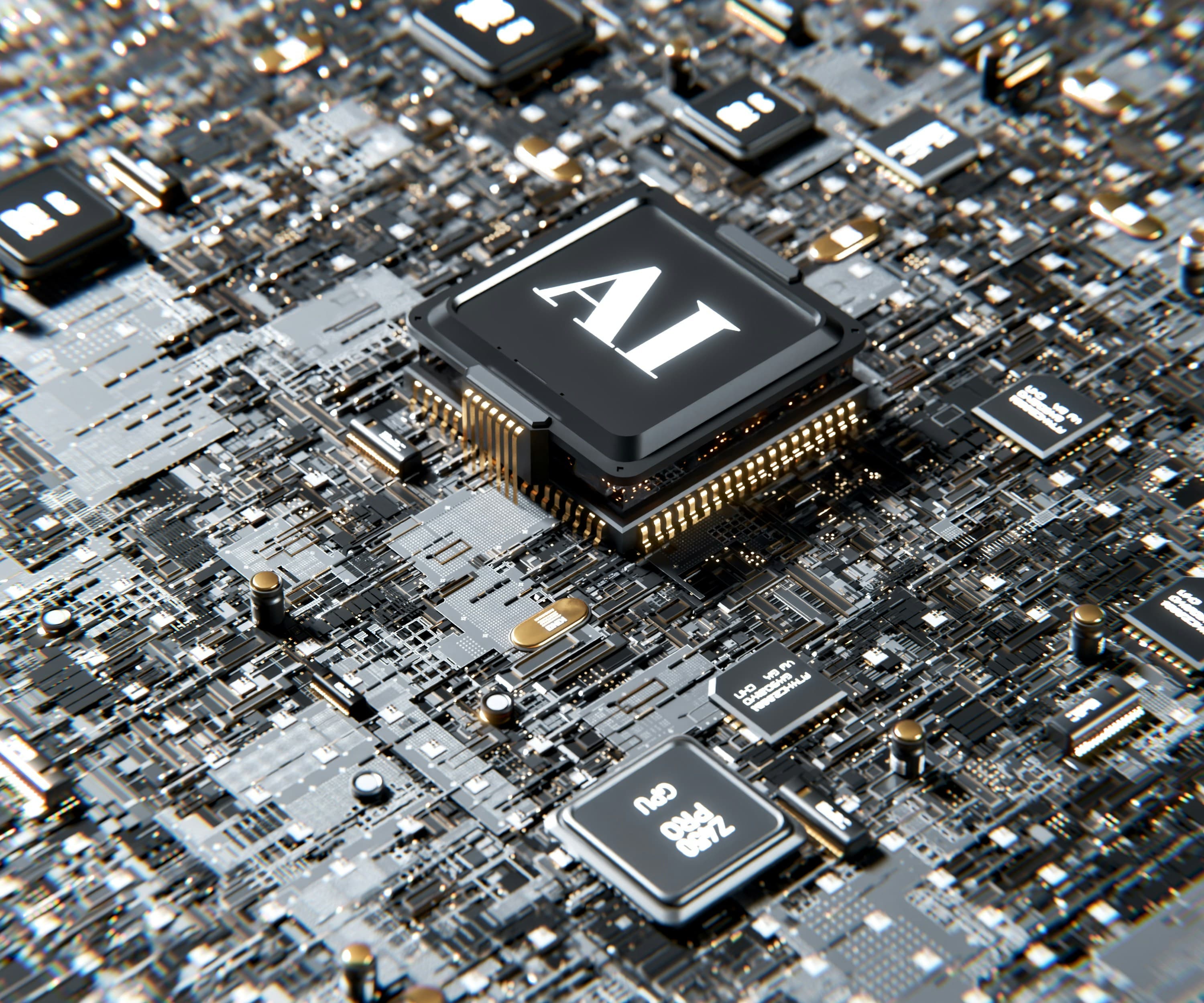
A guide for engineering leaders on the top AI tools for software developers. Explore platforms like Cursor and Code Metal to boost productivity and ship faster.
The best AI tools for software developers are rapidly shifting from niche utilities to foundational platforms essential for increasing engineering velocity and maintaining a competitive edge. Companies are leveraging AI-powered coding assistants to generate, edit, and review code, directly addressing the pressure to ship products faster. The market's validation is clear, with platforms like Cursor recently announcing a major funding round that underscores the immense demand for these transformative tools (CNBC, November 2025).
The financial momentum behind AI coding platforms highlights their growing integration into enterprise workflows. AI startup Cursor, for example, recently closed a $2.3 billion funding round, achieving a staggering $29.3 billion valuation (The Wall Street Journal, November 2025). This valuation is supported by significant revenue, with the company reporting it has crossed $1 billion in annualized revenue.
These figures demonstrate that the adoption of AI coding assistants is moving beyond early experimentation. For technology leaders, this signals a fundamental shift in the software development lifecycle. Providing teams with these advanced tools is becoming a key factor not only for efficiency but also for attracting and retaining top engineering talent who expect a modern development environment.
At their core, these AI platforms target the most persistent bottlenecks in software development. Their primary functions are designed to augment, not replace, the developer's expertise. Key capabilities include code generation, where developers can describe a function in natural language and receive production-ready code, significantly speeding up initial development.
Another critical function is intelligent code editing and refactoring. These tools can analyze existing codebases to suggest optimizations, fix bugs, or update syntax, reducing the manual effort required for maintenance. Furthermore, automated code review features help enforce coding standards and catch potential issues before they enter the production environment, directly improving overall code quality and security. This allows senior engineers to focus on complex architectural challenges rather than routine checks.
As the market matures, specialized tools are emerging to solve more specific, high-value problems. While general-purpose assistants excel at broad productivity, companies like Code Metal are carving out a niche. After raising $36.5 million, Code Metal is focusing on technology that allows engineers to write code in one language and automatically translate it to others (CNBC, November 2025).
This capability is particularly valuable for industries with diverse hardware, such as automotive, consumer electronics, and medical devices. Code Metal positions its offering as a move beyond initial idea generation, or "vibe coding." Instead, it uses formal methods to verify the accuracy of translated code, providing the guarantees necessary for production systems. This addresses complex challenges like legacy code modernization and cross-platform development.
Engineering leaders are often faced with a critical question: how do we choose between a general-purpose assistant and a specialized tool? The decision depends on the specific pain points within an organization. If the primary goal is to increase overall developer productivity and accelerate feature development across the board, a platform like Cursor may be the most effective solution.
However, if the organization is struggling with a specific, deeply technical challenge—such as migrating a legacy system or developing for multiple embedded chipsets—a specialized tool like Code Metal could deliver a more significant return on investment. Evaluating the current state of your [internal tech stack]([internal link placeholder]) and identifying the most time-consuming tasks for your team is a crucial first step in selecting the right AI partner.
The implication of this rapid evolution is clear: AI is becoming a non-negotiable component of the modern software engineering toolkit. The massive investments and diverse applications show that these tools are providing tangible business value by enabling teams to build higher-quality software faster. For CTOs and VPs of Engineering, ignoring this trend risks falling behind competitors who are actively leveraging AI to innovate more rapidly and efficiently.
To stay ahead, engineering leaders should move beyond simple evaluation and begin structured pilot programs for AI tools for software developers. The most effective approach is to identify a specific, measurable bottleneck in your current development process—such as code review times or ticket resolution speed—and deploy a targeted AI solution to address it. This allows for a clear assessment of ROI and builds a strong business case for wider adoption across the organization.
This article is part of ourTech & Market Trendssection. check it out for more similar content!